CBD for Social Anxiety: A Promising Natural Alternative to Medication
This article contains a recommendation for a specific CBD product for people with social anxiety. If you use our link and promo code, you will receive a significant discount and we will earn a commission.
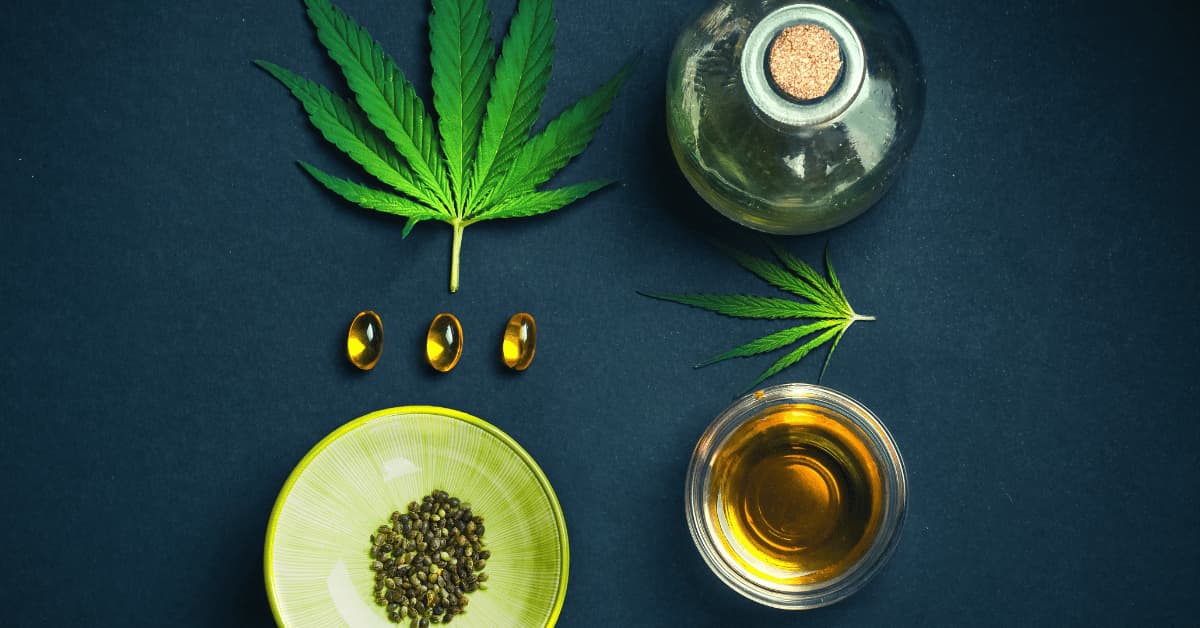
Living with social anxiety can be an overwhelming experience, as the fear of judgment and the dread of social interactions can greatly impact one’s quality of life.
The conventional treatment options for social anxiety often involve medication, therapy, or a combination of both. However, an increasing number of individuals are seeking natural alternatives to medication that offer relief without unwanted side effects.
In recent years, cannabidiol, commonly reffered to as CBD, has emerged as a promising option for managing social anxiety. Derived from the hemp plant, CBD is a non-intoxicating compound known for its potential therapeutic properties.
From anecdotal reports to scientific studies, there is growing evidence suggesting that CBD may offer a natural approach to alleviate the symptoms of social anxiety disorder.
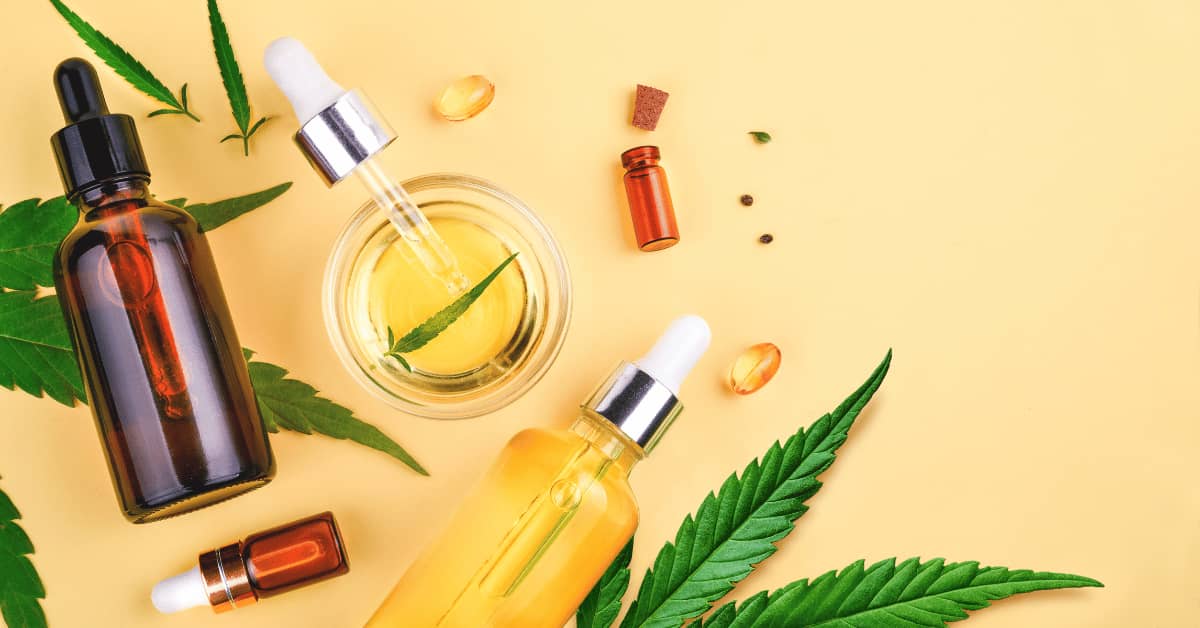
In this comprehensive guide, we will delve into the world of CBD and its potential benefits for individuals struggling with social anxiety.
Whether you’re looking for an alternative to traditional medications or you are simply curious about the potential of CBD, this article aims to equip you with the knowledge you need to make informed decisions regarding your social anxiety management.
We will cover a range of topics, including the science behind CBD and social anxiety, the mechanisms at work, the specific benefits of CBD for managing social anxiety symptoms, how to choose high-quality CBD products, as well as our recommended CBD brand and a particular product.
By the end, we hope you will have a clearer understanding of CBD’s potential role in empowering you to navigate social situations with greater ease.
Let’s dive in.
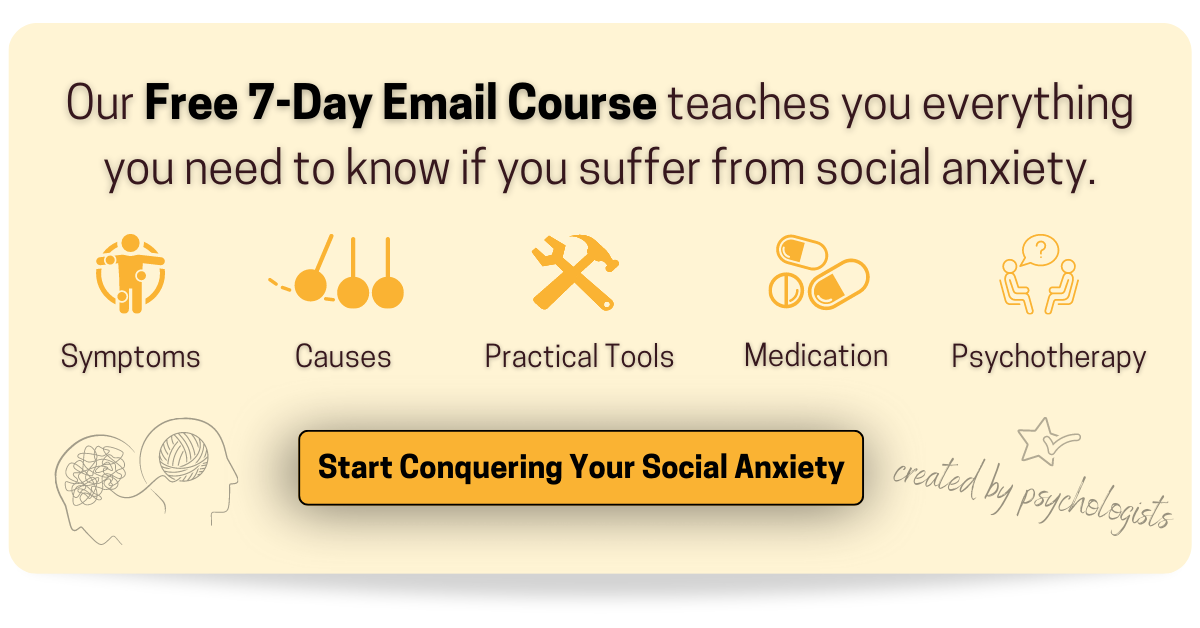
A. Quick Overview of Social Anxiety
If you’re reading this article, chances are you’re familiar with social anxiety disorder, a common mental health condition characterized by an intense fear of social situations and a constant worry of being judged or humiliated.
Social anxiety manifests in various ways, such as excessive self-consciousness, fear of public speaking, avoidance of social gatherings, and physical symptoms like rapid heartbeat and sweating.
Some individuals experience intense anxiety in specific social situations, like meeting new people or engaging in small talk, while others feel anxiety across a broader range of social interactions.
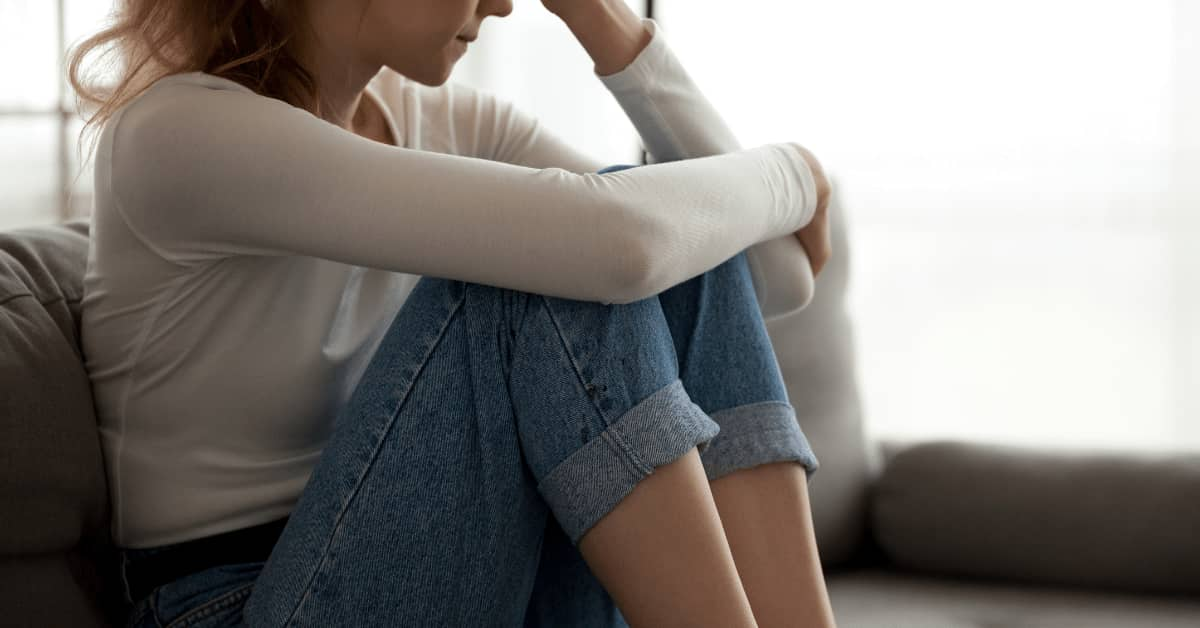
Additional symptoms may include trembling, difficulty speaking, nausea, and cognitive impairments like racing thoughts and negative self-talk.
It’s important to distinguish social anxiety from mere shyness, as it represents a diagnosable disorder with specific symptoms and treatment approaches.
For a comprehensive exploration of social anxiety, we invite you to delve into our in-depth introductory guide, which provides valuable insights and information. To access the complete guide, click here.
B. Getting to Know CBD: A Brief Introduction
CBD, short for cannabidiol, is a natural compound derived from the cannabis plant. It belongs to a group of chemical compounds known as cannabinoids, which interact with the body’s endocannabinoid system.
Unlike its counterpart, THC (tetrahydrocannabinol), CBD does not produce psychoactive effects or a “high.” Instead, it is known for its potential therapeutic properties, including its ability to promote relaxation, reduce anxiety, and support overall well-being.
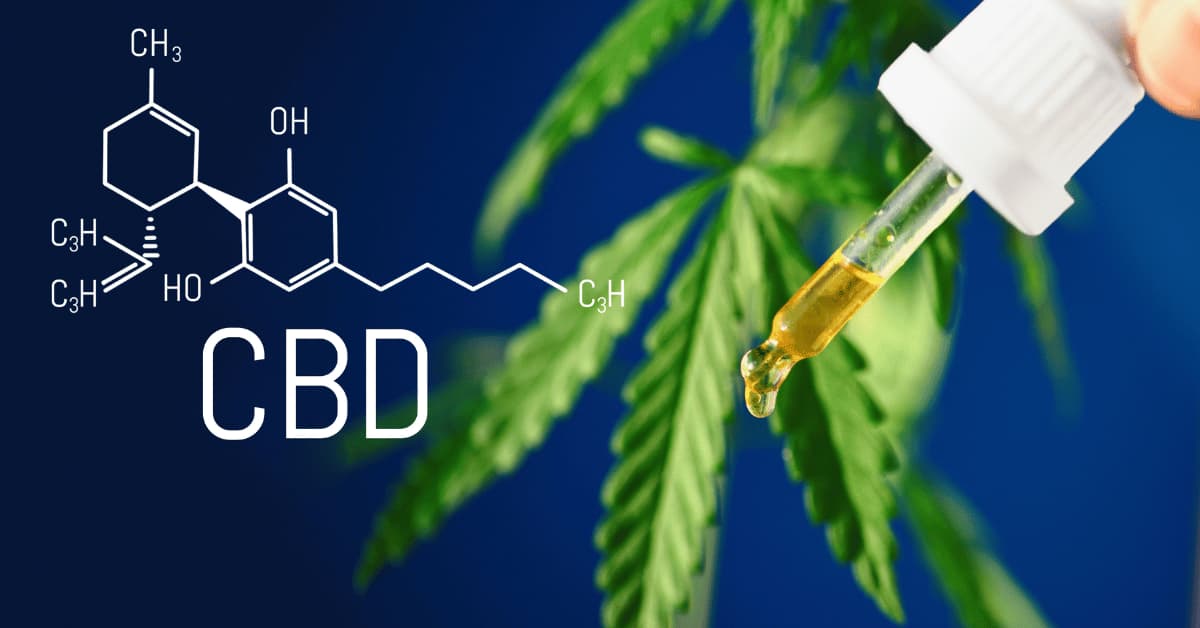
CBD is typically extracted from hemp, a variety of cannabis with low THC content. It is then processed into various forms, including oils, tinctures, capsules, topicals, and edibles, making it accessible for different preferences and needs.
As a natural compound, CBD has gained significant attention for its potential role in managing various health conditions, including social anxiety.
In the following sections, we will explore the science behind CBD and its potential benefits in alleviating social anxiety symptoms. Understanding the mechanisms of CBD and its effects on the body will provide valuable insights into its therapeutic potential.
C. CBD for Social Anxiety: The State of the Science
Although a growing body of research from various parts of the world has explored the relationship between CBD and social anxiety, it is important to acknowledge that the field is still in its early stages.
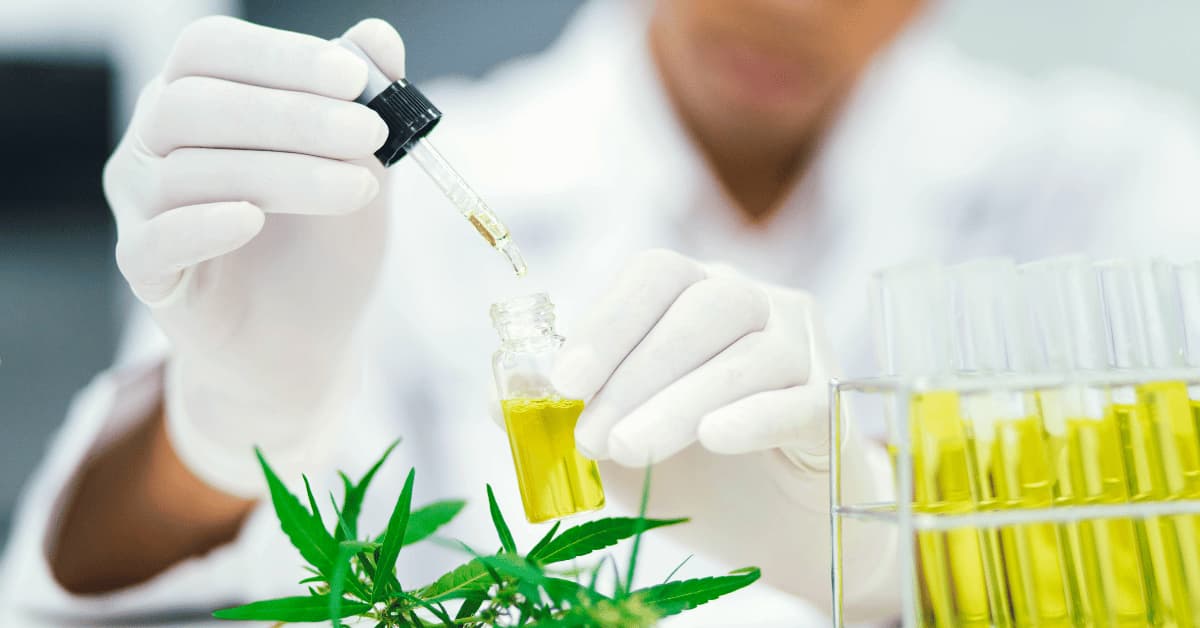
While the existing studies have provided valuable insights, further rigorous research is warranted to fully understand the specific effects and underlying mechanisms of CBD in individuals with social anxiety.
Therefore, it is crucial to view the current scientific findings as an overview rather than definitive conclusions.
With that being said, let us now delve into the most intriguing scientific findings concerning the use of CBD in individuals with social anxiety:
Preclinical studies on animal models: Preclinical studies conducted on animal models of social anxiety disorder have demonstrated that CBD has anxiolytic (anxiety-reducing) effects (Campos et al., 2013; Campos & Guimarães, 2009; Gomes, Resstel, & Guimarães, 2011). These studies indicate that CBD acts on neural regions associated with social anxiety, suggesting its potential therapeutic benefit.
Effects in human studies: Human studies involving both healthy individuals and those diagnosed with social anxiety disorder have consistently shown that CBD administration has anxiolytic effects (Fliegel & Lichenstein, 2022).
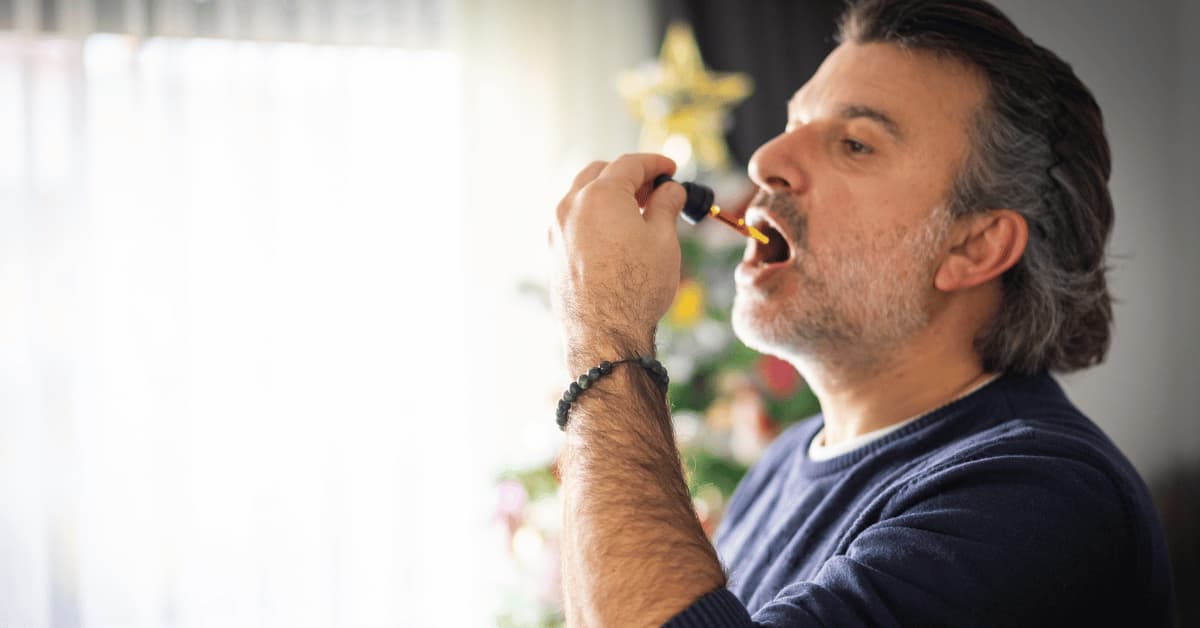
Reduction of anxiety in public speaking tasks: CBD has been specifically found to reduce anxiety levels associated with public speaking tasks, which is a common trigger for social anxiety (Bergamaschi et al., 2011; Zuardi, Cosme, Graeff, & Guimarães, 1993; Zuardi et al., 2017). This indicates that CBD may be effective in managing anxiety during situations that typically provoke social anxiety symptoms.
Significant reductions in anxiety levels: A systematic literature review concluded that studies have consistently reported significant reductions in anxiety levels following CBD administration in individuals with social anxiety disorder (Fliegel & Lichenstein, 2022). This suggests that CBD has the potential to alleviate symptoms of social anxiety.

Absence of sedation or cognitive impairment: Unlike some other anxiety medications, CBD has been observed to reduce anxiety without causing sedation or cognitive impairment (Fliegel & Lichenstein, 2022; Linares et al., 2019). This is an important finding as it suggests that CBD may offer a more favorable side effect profile compared to traditional medications.
Overall, scientific studies have consistently shown that CBD has anxiolytic effects and can reduce anxiety levels, particularly in the context of social anxiety.
These findings suggest that CBD may hold promise as a potential therapeutic option for individuals with social anxiety disorder.
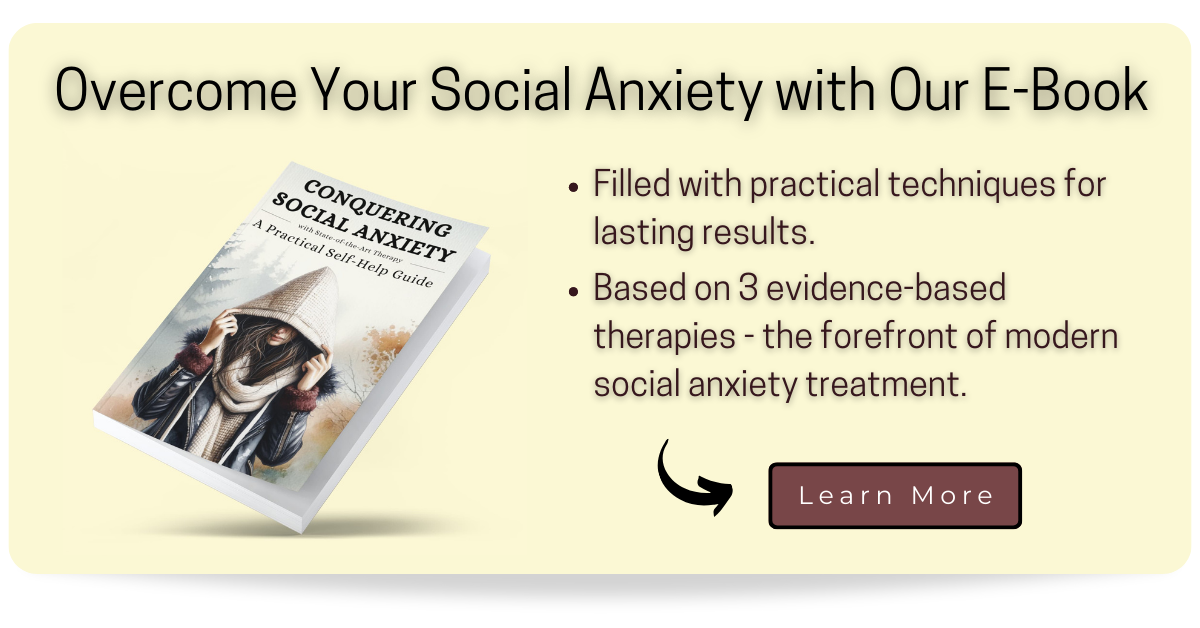
D. Mechanisms of CBD in Alleviating Social Anxiety Symptoms
Neuroimaging studies have provided insights into the altered brain activity observed in individuals with social anxiety disorder.
Specifically, these studies have revealed increased activity in the amygdala, which is responsible for processing emotions, and the anterior cingulate cortex (ACC), a region involved in emotional regulation and cognitive control (Klumpp et al., 2014; Phan et al., 2006).
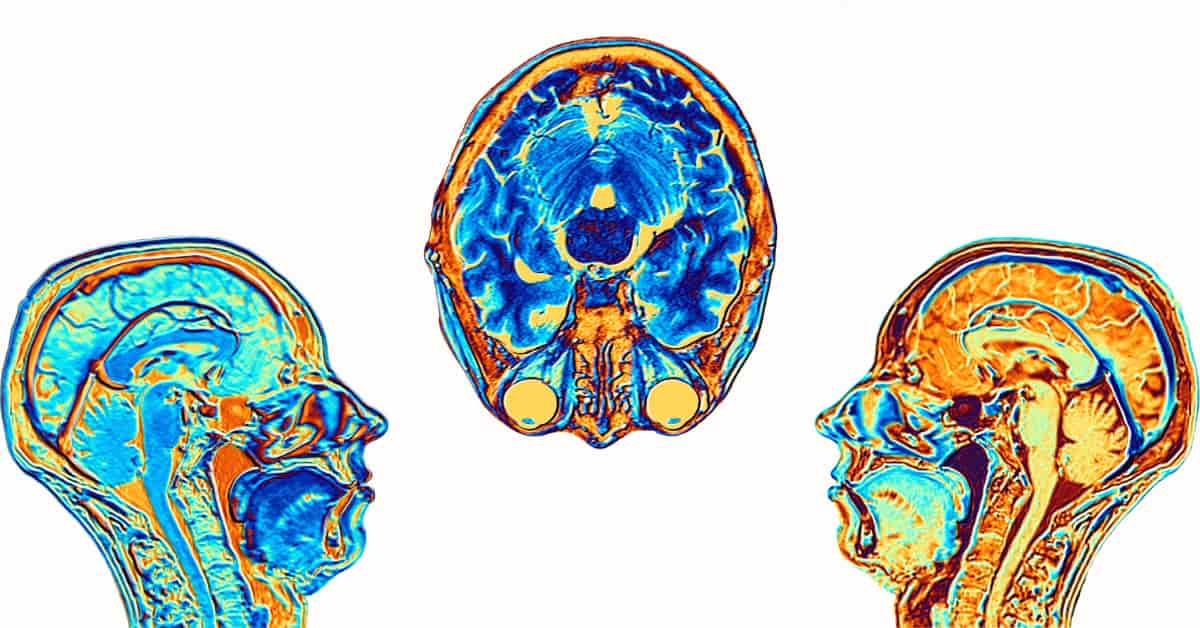
Interestingly, CBD administration in healthy individuals has been found to modulate the activity of these brain regions, effectively reducing their hyperactivity (Fusar-Poli et al., 2010).
By targeting the ACC and amygdala, CBD may help regulate emotional responses and contribute to the alleviation of social anxiety symptoms.
Furthermore, CBD interacts with various receptors in the brain, including cannabinoid receptors (CB1 and CB2), a receptor called GPR55, and serotonin receptors (5-HT1A) (Thomas et al., 2007; Ryberg et al., 2007; Russo et al., 2005).
These receptors are located in brain regions associated with social anxiety, suggesting that CBD has the potential to impact the functioning of these regions and provide relief from symptoms.
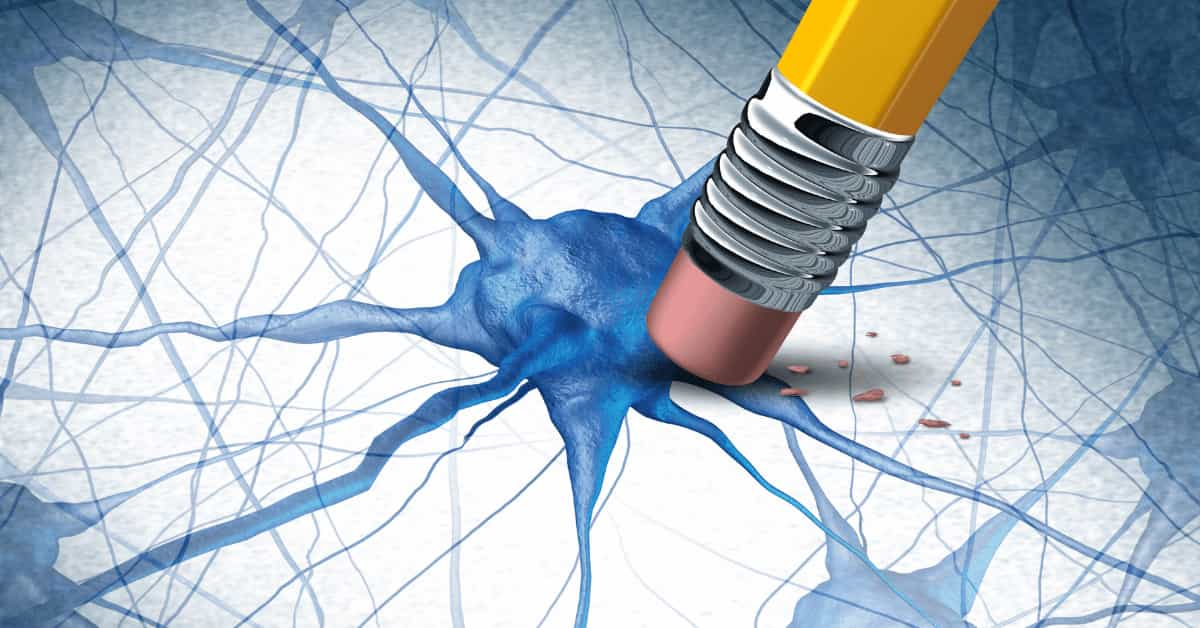
CBD’s interaction with serotonin receptors may enhance the transmission of serotonin signals, potentially promoting feelings of well-being and reducing anxiety.
By modulating the activity of cannabinoid receptors, CBD may influence the brain’s response to anxiety-inducing stimuli, while its interaction with GPR55 and other receptors may also contribute to its anxiolytic effects.
Furthermore, CBD has been found to impact the levels of various neurotransmitters in the brain, including gamma-aminobutyric acid (GABA), which is responsible for inhibiting excitatory signals (Pretzsch et al., 2019).
By increasing GABA levels, CBD may help to reduce overexcitement in the brain, potentially leading to a calmer state and diminished anxiety symptoms.
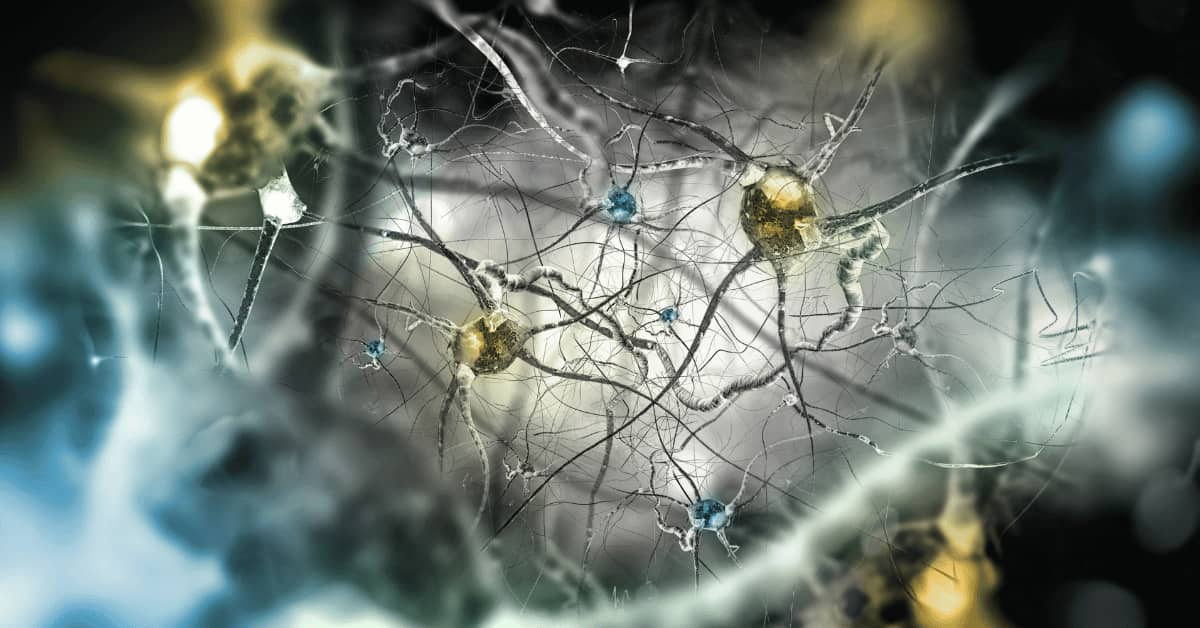
Thus, CBD engages with various mechanisms, including modulation of brain regions, interaction with neurotransmitters and receptors, and regulation of neural circuitry, all of which contribute to its anxiolytic effects.
Based on these findings, CBD shows promise as an effective treatment option for social anxiety (Fliegel & Lichenstein, 2022).
E. Benefits of CBD for People with Social Anxiety
CBD has shown potential benefits for individuals with social anxiety, offering relief and improved well-being. Here are some specific ways in which CBD may benefit those struggling with social anxiety:
Reduction of Anxiety Symptoms: CBD has been reported to alleviate symptoms associated with social anxiety, such as excessive worry, fear of judgment, and performance anxiety. Many people with social anxiety have reported experiencing a reduction in anxiety levels, feeling more relaxed, calm, and at ease in social situations after using CBD.
Improved Mood and Emotional Well-being: CBD may contribute to a more positive mood and emotional state. It has been suggested to enhance feelings of well-being, promote relaxation, and reduce negative emotions commonly associated with social anxiety.
Enhanced Social Interaction: Individuals with social anxiety often struggle with social interactions and may find it challenging to engage in conversations or participate in social activities. CBD may help ease social inhibitions, enabling individuals to feel more comfortable and confident in social settings.

Anecdotal evidence, while not scientifically conclusive, adds an important dimension to the potential benefits of CBD for social anxiety.
Many individuals with social anxiety have shared their personal experiences and reported that CBD has helped them in various ways:
- These individuals have described how CBD has supported them in managing social anxiety symptoms during work presentations, public speaking engagements, and social events. They have reported feeling less nervous, more focused, and capable of engaging with others with increased confidence.
- Some individuals have found that CBD reduced anticipatory anxiety before social situations, allowing them to feel more relaxed and able to participate in conversations without overwhelming self-consciousness.

It is worth noting that anecdotal evidence should be interpreted cautiously and does not substitute scientific research.
However, the consistent reports of positive experiences from many individuals with social anxiety provide some support for the potential value of CBD as a complementary approach for managing social anxiety symptoms.
We highly encourage individuals with social anxiety who have tried CBD to share their experiences, whether positive or negative, as it helps us gather valuable insights and provide comprehensive information to our readership/audience.
Your firsthand accounts contribute to a more holistic understanding of CBD’s potential benefits for social anxiety.

F. Common Misconceptions About CBD
Despite its growing popularity and potential benefits, CBD is often surrounded by misconceptions.
Addressing these misconceptions can help individuals make informed decisions about using CBD for social anxiety. Let’s explore the most common ones:
Misconception 1: CBD Gets You “High”
One of the most prevalent misconceptions about CBD is that it produces the same intoxicating effects as THC, the psychoactive compound found in cannabis. However, CBD is non-psychoactive and does not induce a “high” sensation. It is derived from hemp plants containing minimal levels of THC, ensuring its non-intoxicating properties.
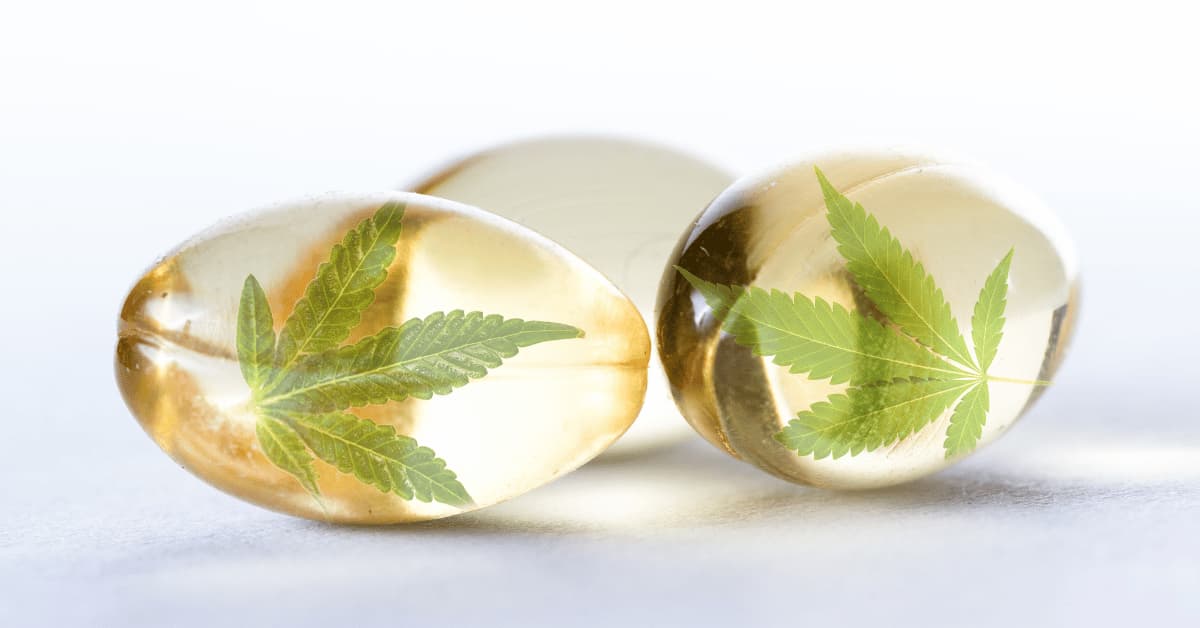
Misconception 2: CBD is Addictive
Another misconception is that CBD is addictive. Extensive research suggests that CBD does not have addictive properties. In fact, CBD has been investigated as a potential treatment for substance abuse disorders and has shown promise in reducing drug cravings and withdrawal symptoms.
Misconception 3: CBD is a Placebo
Some skeptics argue that the reported benefits of CBD are purely due to a placebo effect, attributing any positive effects to psychological factors rather than the compound itself. However, numerous preclinical and clinical studies support the efficacy of CBD in managing various conditions, including anxiety disorders.
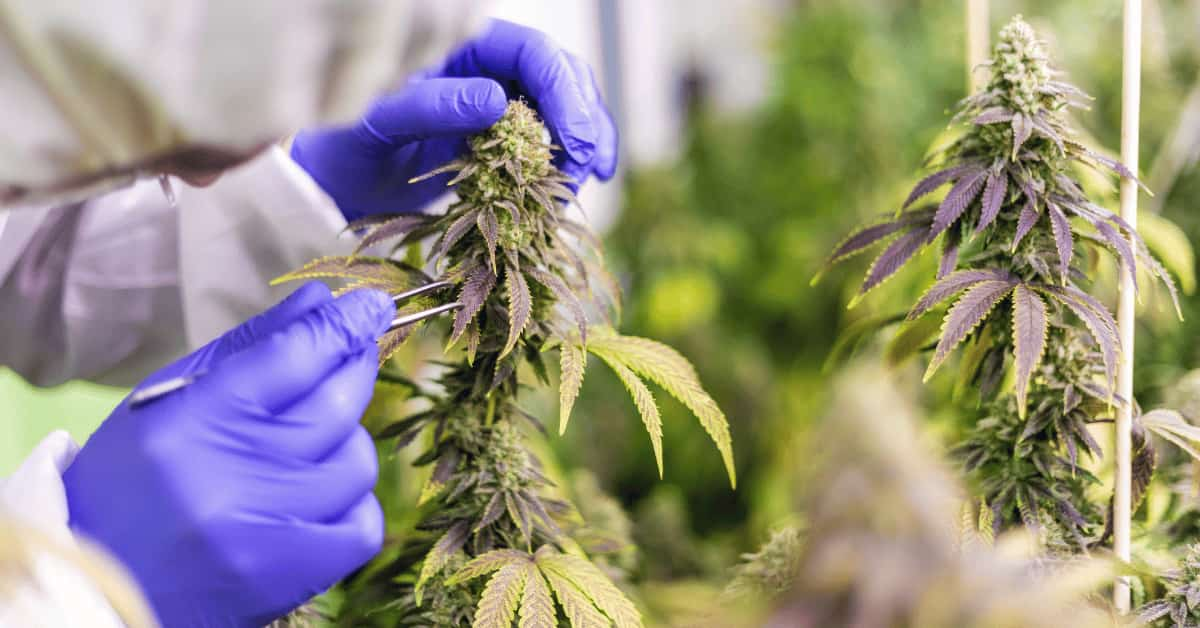
Misconception 4: CBD Works Instantly
While CBD can provide relief for many individuals, it’s essential to note that its effects may vary and might not be instantaneous. Factors such as dosage, individual metabolism, and the severity of social anxiety symptoms can influence the time it takes for CBD to take effect. Patience and consistency in CBD use are key to experiencing its potential benefits.
Misconception 5: CBD is a Cure-All
While CBD shows promise in alleviating symptoms of social anxiety and other conditions, it is not a magical cure-all solution. It is important to approach CBD as a complementary tool that can potentially enhance well-being when used as part of a holistic approach that includes therapy, self-care, and other evidence-based treatments.
By addressing these common misconceptions, we aim to provide accurate information and promote a better understanding of CBD’s potential for managing social anxiety. It is crucial to base decisions on reliable evidence and consult with healthcare professionals for personalized advice.
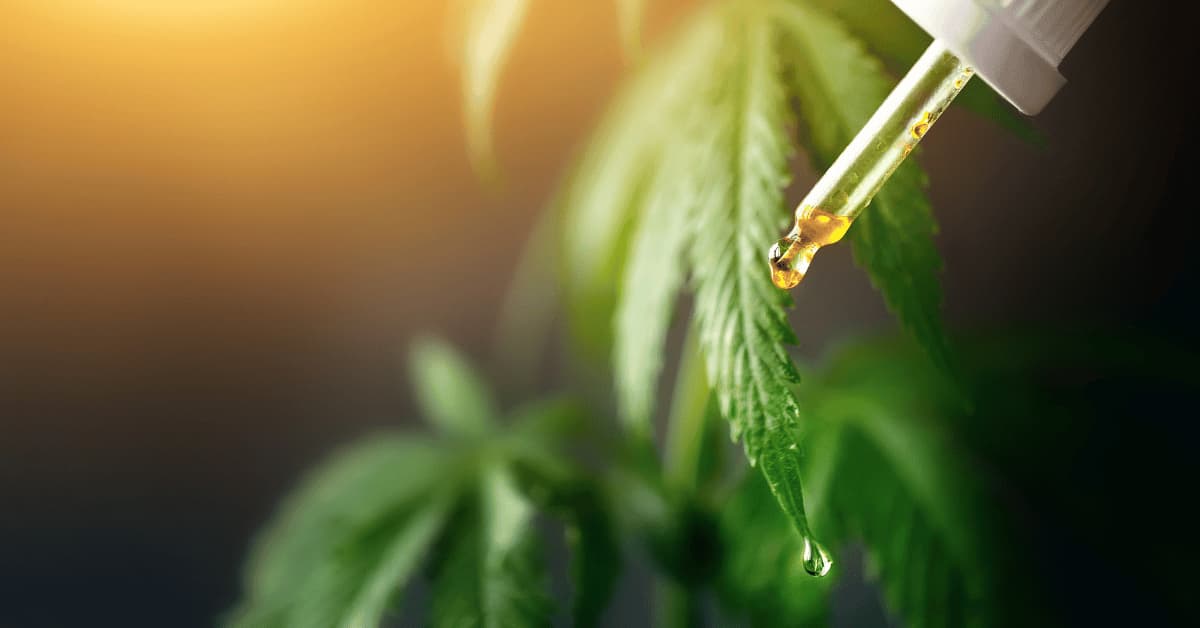
G. Choosing the Right CBD Products for Social Anxiety
When considering CBD for social anxiety, it is essential to choose high-quality products that meet your specific needs. Here are some key factors to consider when selecting CBD products:
Product Quality and Source: Look for CBD products derived from organically grown hemp. Organic cultivation helps ensure that the hemp is free from pesticides, herbicides, and other harmful chemicals.
Additionally, reputable CBD brands often provide third-party lab test results, confirming the quality, purity, and potency of their products.
CBD Concentration: Consider the CBD concentration in the product. Different concentrations may be suitable for different individuals based on their needs and sensitivity. Start with a lower concentration and gradually increase as necessary.
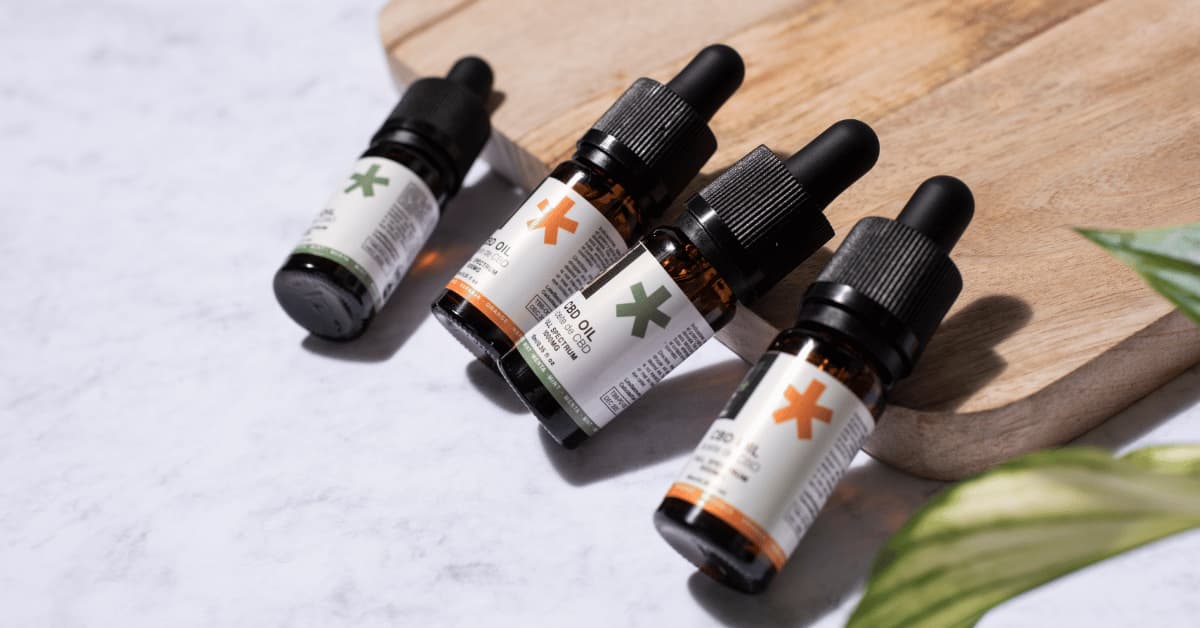
Extraction Methods: The extraction method used to obtain CBD from hemp can affect the overall quality of the product. CO2 extraction is considered one of the most efficient and safest methods, ensuring a pure and potent CBD extract.
Product Form: CBD products come in various forms, such as oils, tinctures, capsules, edibles, and topicals. Each form has its advantages and considerations.
For example, oils and tinctures offer flexible dosing options, while capsules provide convenient pre-measured doses. Consider your preferences and lifestyle when choosing a product form.
Full-Spectrum vs. Broad-Spectrum vs. CBD Isolate: CBD products can be categorized as full-spectrum, broad-spectrum, or CBD isolate. Full-spectrum products contain CBD along with other beneficial compounds found in hemp, including trace amounts of THC (within legal limits).
Broad-spectrum products contain CBD and other compounds, excluding THC. CBD isolate products contain only pure CBD. Consider your sensitivity to THC and the potential benefits of other hemp compounds when choosing between these options.
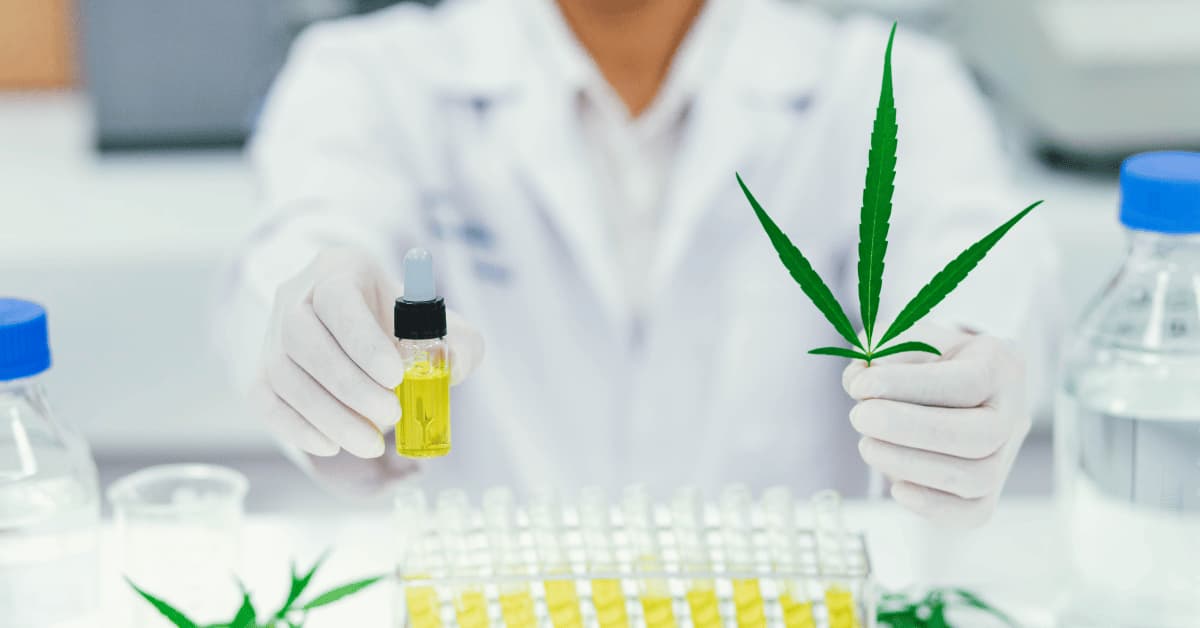
Again, CBD products typically contain only trace amounts of THC, which are within legal limits and not sufficient to produce a psychoactive effect or “high.” The presence of THC in CBD products is generally considered safe for most individuals.
However, to ensure safety and minimize potential risks, individuals who are concerned about the presence of THC or have specific sensitivities may opt for broad-spectrum or CBD isolate products, which have undergone additional processing to remove or eliminate THC while still providing the benefits of CBD and other compounds found in hemp.
User Reviews and Feedback: Take into account user reviews and feedback from reputable sources. While anecdotal evidence should not be the sole basis for decision-making, it can provide insights into other individuals’ experiences with specific CBD products.
Remember, finding the right CBD product for social anxiety may involve some trial and error. It is advisable to start with a low dosage, observe the effects, and adjust as needed.
Consulting with a healthcare professional experienced in CBD use can provide personalized guidance and recommendations based on your specific circumstances.
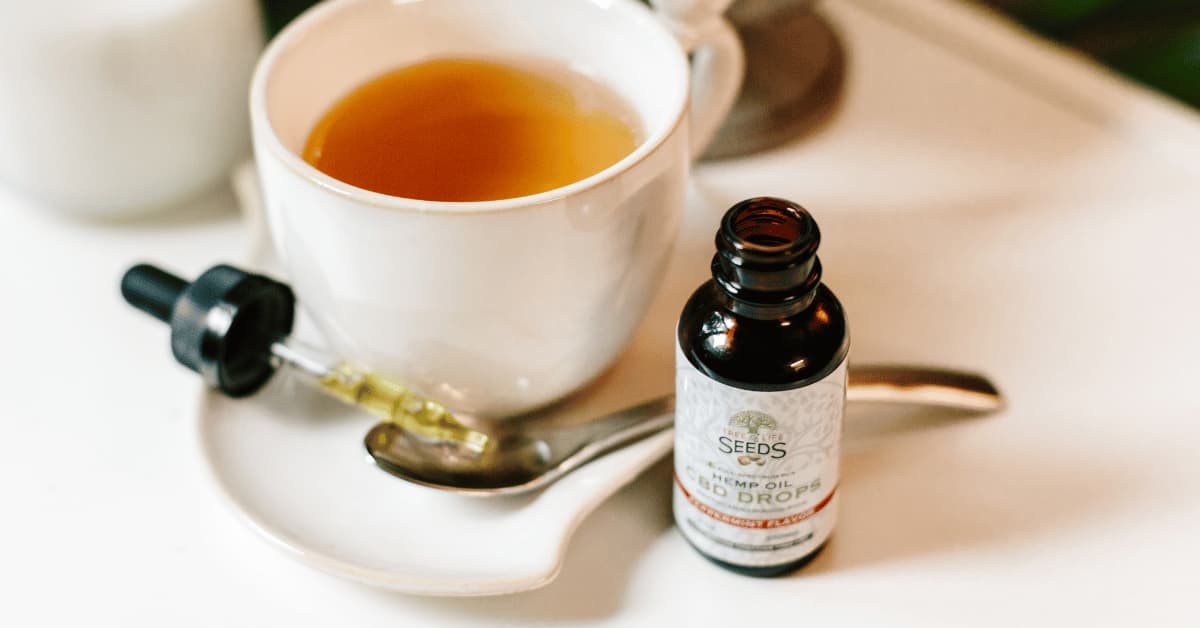
In the next section, we will introduce a recommended CBD brand that prioritizes quality, transparency, and user satisfaction. We will also highlight a specific product from this brand that has been well-received and tolerated by individuals with social anxiety.
H. Our Top Pick of CBD for Social Anxiety
When it comes to finding effective CBD products for social anxiety, there are several reputable brands to consider.
One brand that stands out is Nordic Oil. They have gained a strong reputation for their commitment to quality, safety, and transparency.

Nordic Oil offers a diverse range of CBD products, including oils, capsules, topicals, and more. Their CBD oils, in particular, are highly regarded for their fast-acting effects. By applying a few drops under your tongue, the CBD is quickly absorbed into your system.
To utilize their CBD oils effectively, Nordic Oil recommends placing the desired dose under your tongue and holding it for approximately 60 seconds. This allows the CBD to be absorbed through the mucous membranes before swallowing.
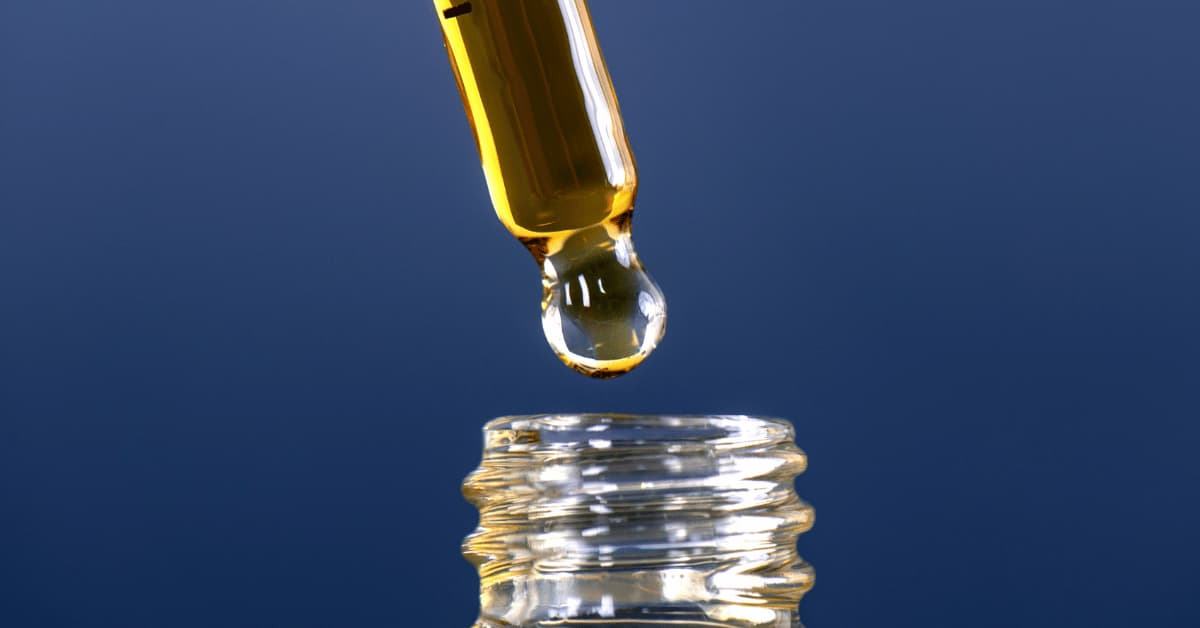
For individuals with mild social anxiety, Nordic Oil recommends starting with a conservative dosage of their 10% CBD oil. Begin with just 1 drop three times a day, amounting to a total of 3 drops daily.
It’s important to note that individual responses may vary, so closely monitor your experience and any positive effects.
If you do not experience the desired relief or noticeable improvements, you can gradually increase the dosage. However, it’s crucial to do so under the guidance of a healthcare professional or in consultation with Nordic Oil‘s customer support team.
Remember, finding the right dosage is a process of self-discovery and requires patience. Start low and gradually increase your dosage, paying attention to how your body responds.
Keeping an open line of communication with healthcare professionals ensures your CBD journey for managing social anxiety is safe and effective.
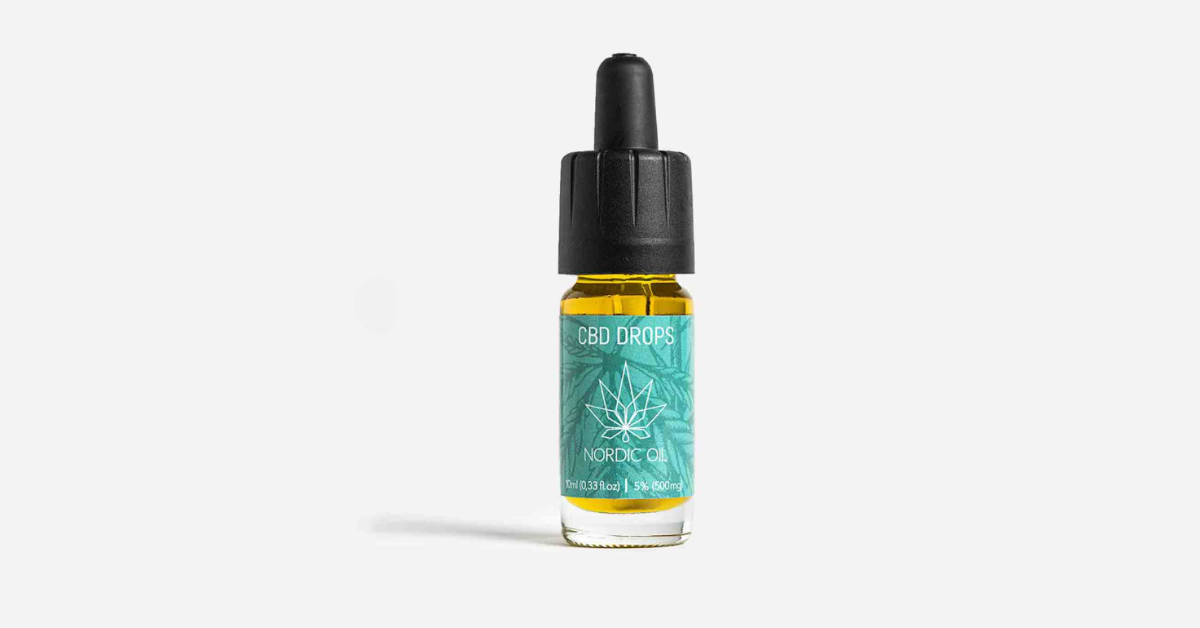
Remember, the maximum daily dose of CBD oil should not exceed 70 mg. It’s essential to follow the dosage guidelines provided by Nordic Oil and consult with a healthcare professional if you have any concerns or specific medical conditions.
For additional information, here is a short video by Nordic Oil that delves into the topic of using CBD products to alleviate anxiety, including social phobia.
To simplify your CBD product selection process, we have included a link below that will lead you to our recommended CBD oil for individuals struggling with social anxiety on Nordic Oil‘s online store.
Ensure to select the appropriate link based on your country of residence for seamless access. Also: Nordic Oil offers all members of our community a 20% discount. Simply use promo code CSA20 at checkout.
If you’re located outside of the US and UK, we’ve got you covered too! We have provided a list of Nordic Oil‘s online stores in different European countries below.
Simply click on the store that seems most relevant to your location to explore our top pick for individuals with social anxiety.
Again: Nordic Oil offers all members of our community a 20% discount. Simply use promo code CSA20 at checkout.

Our Top Pick: Nordic Oil Poland
Our Top Pick: Nordic Oil Germany
Our Top Pick: Nordic Oil Finland
Our Top Pick: Nordic Oil Denmark
Our Top Pick: Nordic Oil Spain
Our Top Pick: Nordic Oil Sweden
Our Top Pick: Nordic Oil Italy
Our Top Pick: Nordic Oil France
Our Top Pick: Nordic Oil Netherlands
Our Top Pick: Nordic Oil Portugal
Remember to always follow the guidelines for use and dosage provided by Nordic Oil. If you have any questions or concerns, it’s advisable to consult with Nordic Oil directly or consult your healthcare professional for personalized advice.
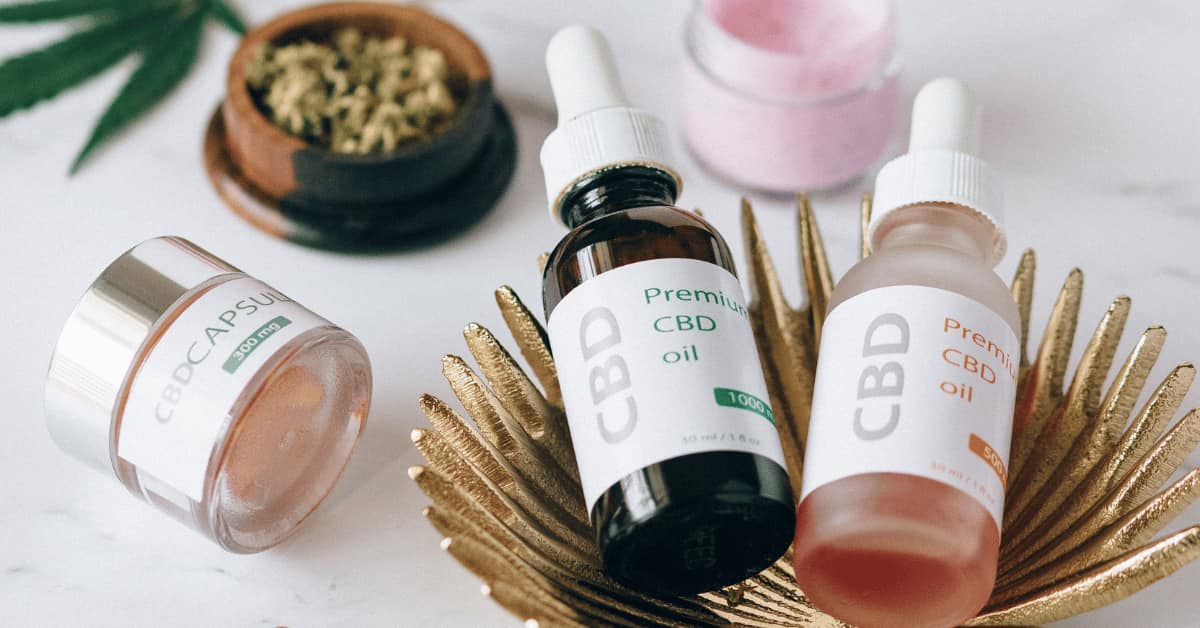
I. Other Considerations and Precautions
When considering CBD as a treatment for social anxiety, it’s important to keep the following factors in mind:
Potential Side Effects and Medication Interactions: While CBD is generally well-tolerated, some individuals may experience side effects such as fatigue, dry mouth, or changes in appetite.
Additionally, CBD can interact with certain medications, so it’s crucial to consult with a healthcare professional before incorporating CBD into your treatment regimen.
Consultation with a Healthcare Professional: It’s highly recommended to seek guidance from a healthcare professional, such as a doctor or psychiatrist, before starting CBD for social anxiety.
They can provide personalized advice, assess any potential risks or interactions, and help determine the optimal dosage and approach for your specific needs.

Individualized Dosage and Finding the Right Approach: CBD affects individuals differently, and finding the right dosage and approach may require some experimentation.
It’s advisable to start with a low dose and gradually increase it while closely monitoring the effects. Keeping an open line of communication with your healthcare provider during this process is essential.

CBD Use: Regular vs. As-Needed: CBD use varies between regular and as-needed consumption, depending on individual preferences and circumstances.
Regular use involves incorporating CBD into a daily routine to maintain a steady CBD level in the system, which can be beneficial for long-term management of generalized social anxiety, in which individuals experience social anxiety in a wide range of situations on a continuous basis.
As-needed use involves taking CBD to address acute symptoms or triggering situations, such as before public speaking or social gatherings, providing immediate relief for specific moments.
The frequency and timing of CBD use differ for each person. Consider personal needs, consult with a healthcare professional, and follow the recommended dosage guidelines provided by the CBD product manufacturer.

Legal Restrictions: It’s important to be aware that in certain states and countries, CBD products may still be subject to legal restrictions or require a prescription due to local regulations.
To ensure compliance and safe usage, it is essential to familiarize yourself with the legal status of CBD in your country and consult with healthcare professionals.
J. Conclusion
CBD shows promise as a potential option for managing social anxiety. Its interaction with the endocannabinoid system may help alleviate symptoms such as anxiety, fear, and discomfort in social situations.
However, it’s important to approach CBD use with caution and in consultation with a healthcare professional.
By exploring reputable CBD brands and products, such as Nordic Oil’s CBD Oil (10%) PLUS mentioned above, individuals with social anxiety can find options that suit their needs.
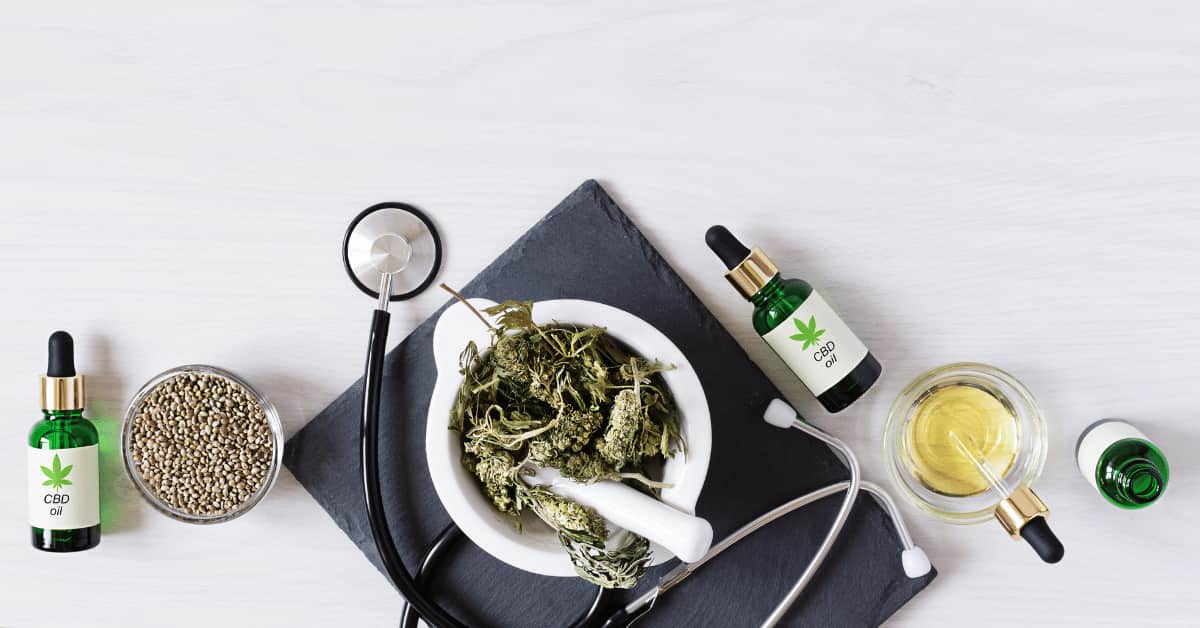
Remember to adhere to recommended dosage guidelines, closely monitor the effects, and consult with your healthcare provider throughout the process.
While CBD offers a promising natural alternative to medication, it’s essential to emphasize that professionally administered pharmacotherapy combined with psychotherapy is still considered the recommended first-line treatment for social anxiety.
We strongly advise consulting with your doctor or another mental health care professional to discuss your specific needs and determine the most appropriate treatment approach.
Remember, everyone’s journey with social anxiety is unique, and what works for one person may not work for another. It’s essential to find an approach that aligns with your individual needs and preferences.
With the right support, resources, and guidance, you can take positive steps toward managing social anxiety and living a fulfilling life.
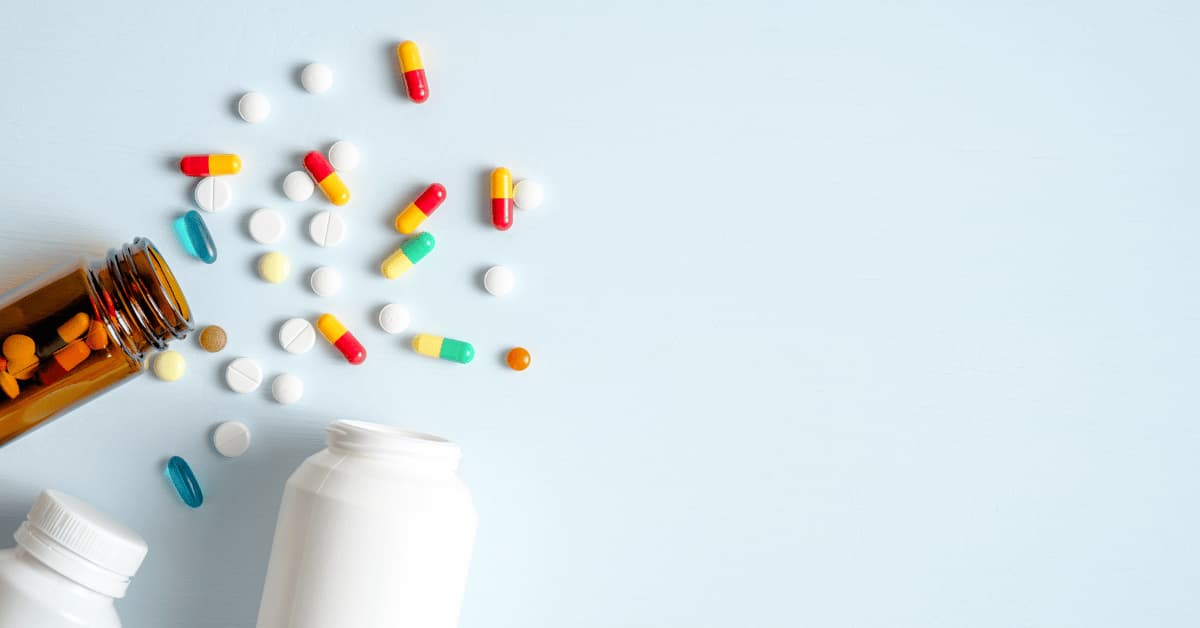
Resources on Medication for Social Anxiety Disorder
In the meantime, we invite you to click here to access our comprehensive guide to medication options for social anxiety disorder. This guide provides valuable insight and information to help you make informed decisions about your treatment.
You can also click here to learn how beta blockers can help combat the physical symptoms of social anxiety, or here to learn about the benefits and potential complications of benzodiazepines for social phobia.
If you’d like to learn more about first-line medications for social anxiety, you can click here to learn more about SSRIs (which are the first choice for most people) or here to learn more about SNRIs (which are considered the first choice alongside SSRIs).
If you’d like to learn more about two less common but also effective options for social anxiety, click here to read more about MAOIs for social phobia, or here to learn more about RIMAs.
Participate in a Research Study!
If you are affected by social anxiety, you can help researchers and clinicians better understand the condition and improve treatment efficacy by participating in a research study.
To take part, you can click here to open a short, quick survey in a new browser window, or simply fill out the form provided below. Thank you for your participation!
Bergamaschi, M. M., Queiroz, R. H., Chagas, M. H., de Oliveira, D. C., De Martinis, B. S., Kapczinski, F., Quevedo, J., Roesler, R., Schröder, N., Nardi, A. E., Martín-Santos, R., Hallak, J. E., Zuardi, A. W., & Crippa, J. A. (2011). Cannabidiol reduces the anxiety induced by simulated public speaking in treatment-naïve social phobia patients. Neuropsychopharmacology : official publication of the American College of Neuropsychopharmacology, 36(6), 1219–1226. https://doi.org/10.1038/npp.2011.6
Campos, A. C., de Paula Soares, V., Carvalho, M. C., Ferreira, F. R., Vicente, M. A., Brandão, M. L., Zuardi, A. W., Zangrossi, H., Jr., & Guimarães, F. S. (2013). Involvement of serotonin-mediated neurotransmission in the dorsal periaqueductal gray matter on cannabidiol chronic effects in panic-like responses in rats. Psychopharmacology, 226(1), 13–24. https://doi.org/10.1007/s00213-012-2878-7
Campos, A. C., & Guimarães, F. S. (2009). Evidence for a potential role for TRPV1 receptors in the dorsolateral periaqueductal gray in the attenuation of the anxiolytic effects of cannabinoids. Progress in neuro-psychopharmacology & biological psychiatry, 33(8), 1517–1521. https://doi.org/10.1016/j.pnpbp.2009.08.017
Fliegel, D. K., & Lichenstein, S. D. (2022). Systematic literature review of human studies assessing the efficacy of cannabidiol for social anxiety. Psychiatry research communications, 2(4), 100074. https://doi.org/10.1016/j.psycom.2022.100074
Fusar-Poli, P., Allen, P., Bhattacharyya, S., Crippa, J. A., Mechelli, A., Borgwardt, S., Martin-Santos, R., Seal, M. L., O’Carrol, C., Atakan, Z., Zuardi, A. W., & McGuire, P. (2010). Modulation of effective connectivity during emotional processing by Delta 9-tetrahydrocannabinol and cannabidiol. The international journal of neuropsychopharmacology, 13(4), 421–432. https://doi.org/10.1017/S1461145709990617
Gomes, F. V., Resstel, L. B., & Guimarães, F. S. (2011). The anxiolytic-like effects of cannabidiol injected into the bed nucleus of the stria terminalis are mediated by 5-HT1A receptors. Psychopharmacology, 213(2-3), 465–473. https://doi.org/10.1007/s00213-010-2036-z
Klumpp, H., Keutmann, M. K., Fitzgerald, D. A., Shankman, S. A., & Phan, K. L. (2014). Resting state amygdala-prefrontal connectivity predicts symptom change after cognitive behavioral therapy in generalized social anxiety disorder. Biology of mood & anxiety disorders, 4(1), 14. https://doi.org/10.1186/s13587-014-0014-5
Linares, I. M., Zuardi, A. W., Pereira, L. C., Queiroz, R. H., Mechoulam, R., Guimarães, F. S., & Crippa, J. A. (2019). Cannabidiol presents an inverted U-shaped dose-response curve in a simulated public speaking test. Revista brasileira de psiquiatria (Sao Paulo, Brazil : 1999), 41(1), 9–14. https://doi.org/10.1590/1516-4446-2017-0015
Phan, K. L., Fitzgerald, D. A., Nathan, P. J., & Tancer, M. E. (2006). Association between amygdala hyperactivity to harsh faces and severity of social anxiety in generalized social phobia. Biological psychiatry, 59(5), 424–429. https://doi.org/10.1016/j.biopsych.2005.08.012
Pretzsch, C. M., Freyberg, J., Voinescu, B., Lythgoe, D., Horder, J., Mendez, M. A., Wichers, R., Ajram, L., Ivin, G., Heasman, M., Edden, R. A. E., Williams, S., Murphy, D. G. M., Daly, E., & McAlonan, G. M. (2019). Effects of cannabidiol on brain excitation and inhibition systems; a randomised placebo-controlled single dose trial during magnetic resonance spectroscopy in adults with and without autism spectrum disorder. Neuropsychopharmacology : official publication of the American College of Neuropsychopharmacology, 44(8), 1398–1405. https://doi.org/10.1038/s41386-019-0333-8
Russo, E. B., Burnett, A., Hall, B., & Parker, K. K. (2005). Agonistic properties of cannabidiol at 5-HT1a receptors. Neurochemical research, 30(8), 1037–1043. https://doi.org/10.1007/s11064-005-6978-1
Ryberg, E., Larsson, N., Sjögren, S., Hjorth, S., Hermansson, N. O., Leonova, J., Elebring, T., Nilsson, K., Drmota, T., & Greasley, P. J. (2007). The orphan receptor GPR55 is a novel cannabinoid receptor. British journal of pharmacology, 152(7), 1092–1101. https://doi.org/10.1038/sj.bjp.0707460
Thomas, A., Baillie, G. L., Phillips, A. M., Razdan, R. K., Ross, R. A., & Pertwee, R. G. (2007). Cannabidiol displays unexpectedly high potency as an antagonist of CB1 and CB2 receptor agonists in vitro. British journal of pharmacology, 150(5), 613–623. https://doi.org/10.1038/sj.bjp.0707133
Zuardi, A. W., Cosme, R. A., Graeff, F. G., & Guimarães, F. S. (1993). Effects of ipsapirone and cannabidiol on human experimental anxiety. Journal of psychopharmacology (Oxford, England), 7(1 Suppl), 82–88. https://doi.org/10.1177/026988119300700112
Zuardi, A. W., Rodrigues, N. P., Silva, A. L., Bernardo, S. A., Hallak, J. E. C., Guimarães, F. S., & Crippa, J. A. S. (2017). Inverted U-Shaped Dose-Response Curve of the Anxiolytic Effect of Cannabidiol during Public Speaking in Real Life. Frontiers in pharmacology, 8, 259. https://doi.org/10.3389/fphar.2017.00259
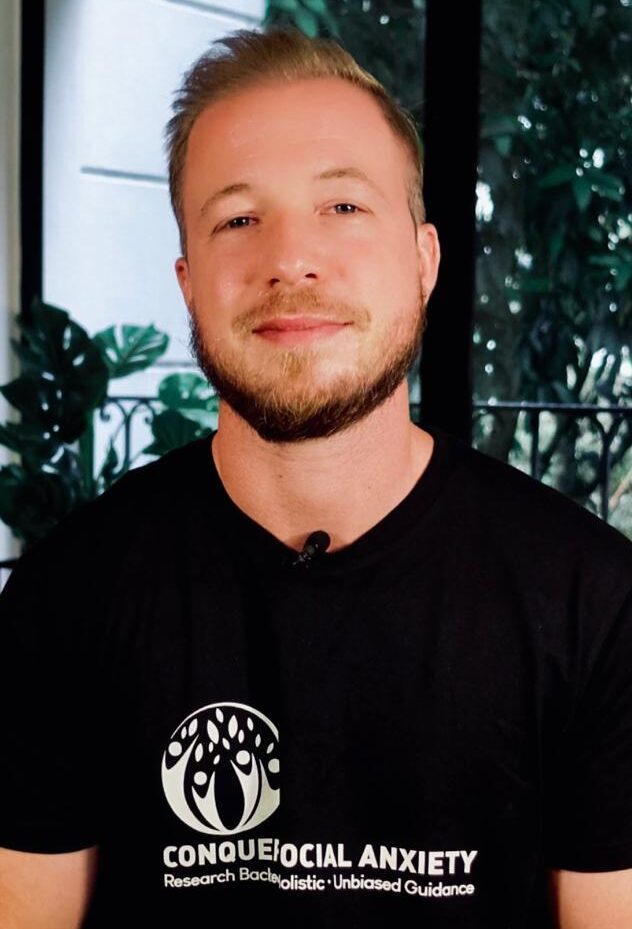
About the Author: Martin Stork
Martin is a professional psychologist with a background in physical therapy. He has organized and led various support groups for people with social anxiety in Washington, DC and Buenos Aires, Argentina. He is the founder of Conquer Social Anxiety Ltd, where he operates as a writer, therapist and director. You can click here to find out more about Martin.

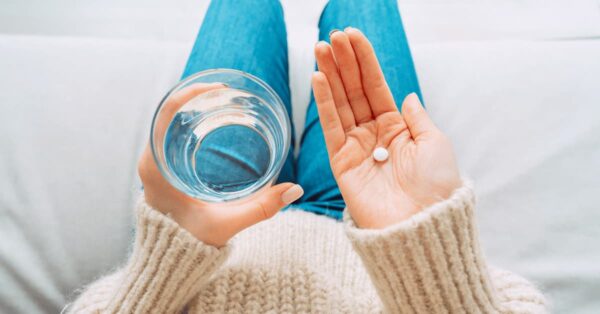


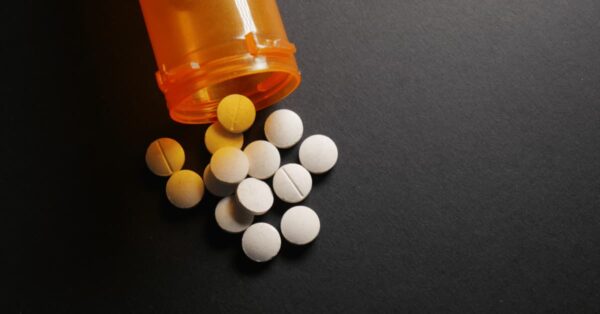
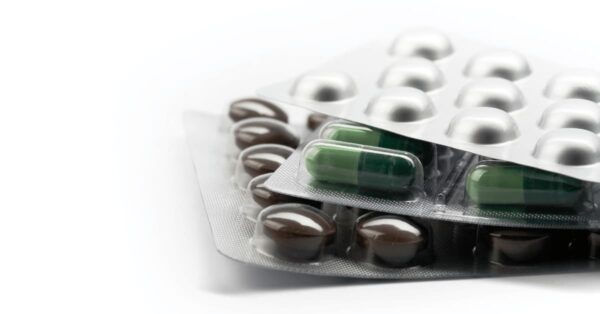


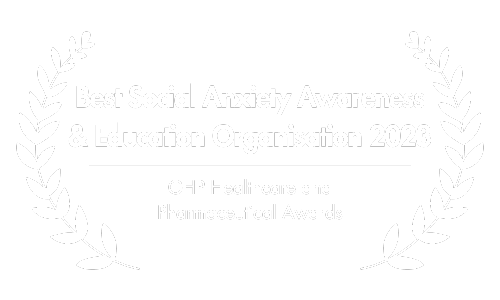
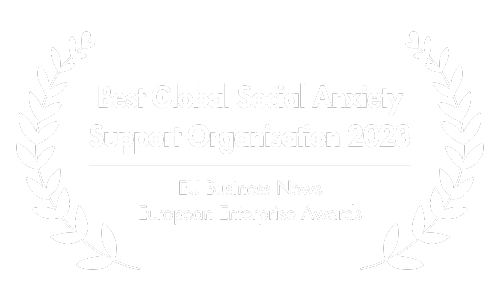
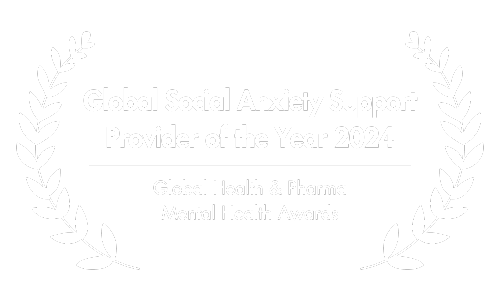
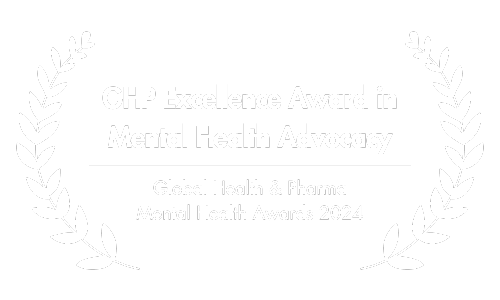

Thanks for explaining how CBD works as a natural drug that can help someone destress. I have a friend who wants to get rid of his anxiety since it’s starting to affect his work. Maybe we should find a store that sells CBD products so he can try it out someday.
We’re glad you found the information useful. Exploring CBD as a potential aid for anxiety can be a thoughtful approach, especially if it’s impacting work and daily life. Just remember, it’s important for your friend to consult with a healthcare professional before trying out CBD products, to ensure it’s a safe and suitable option for his needs. Finding a reputable store that offers high-quality CBD products is also key to ensuring the best possible experience. Wishing your friend the best on his journey towards better well-being.